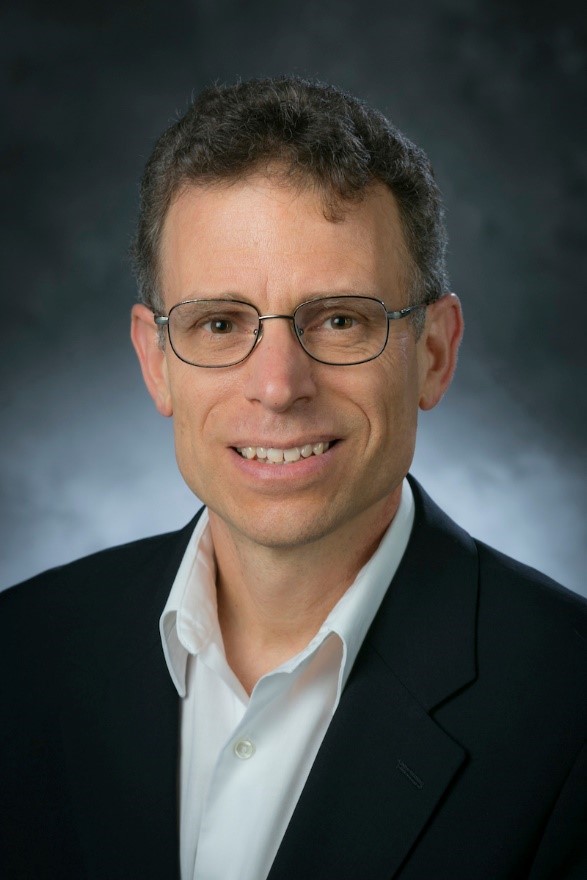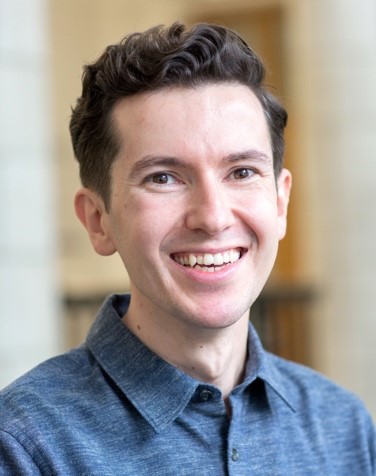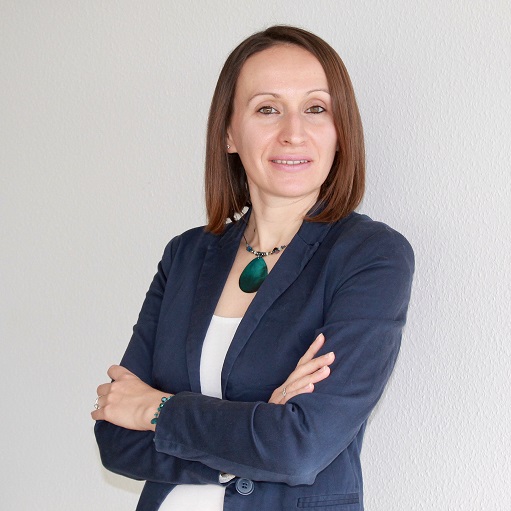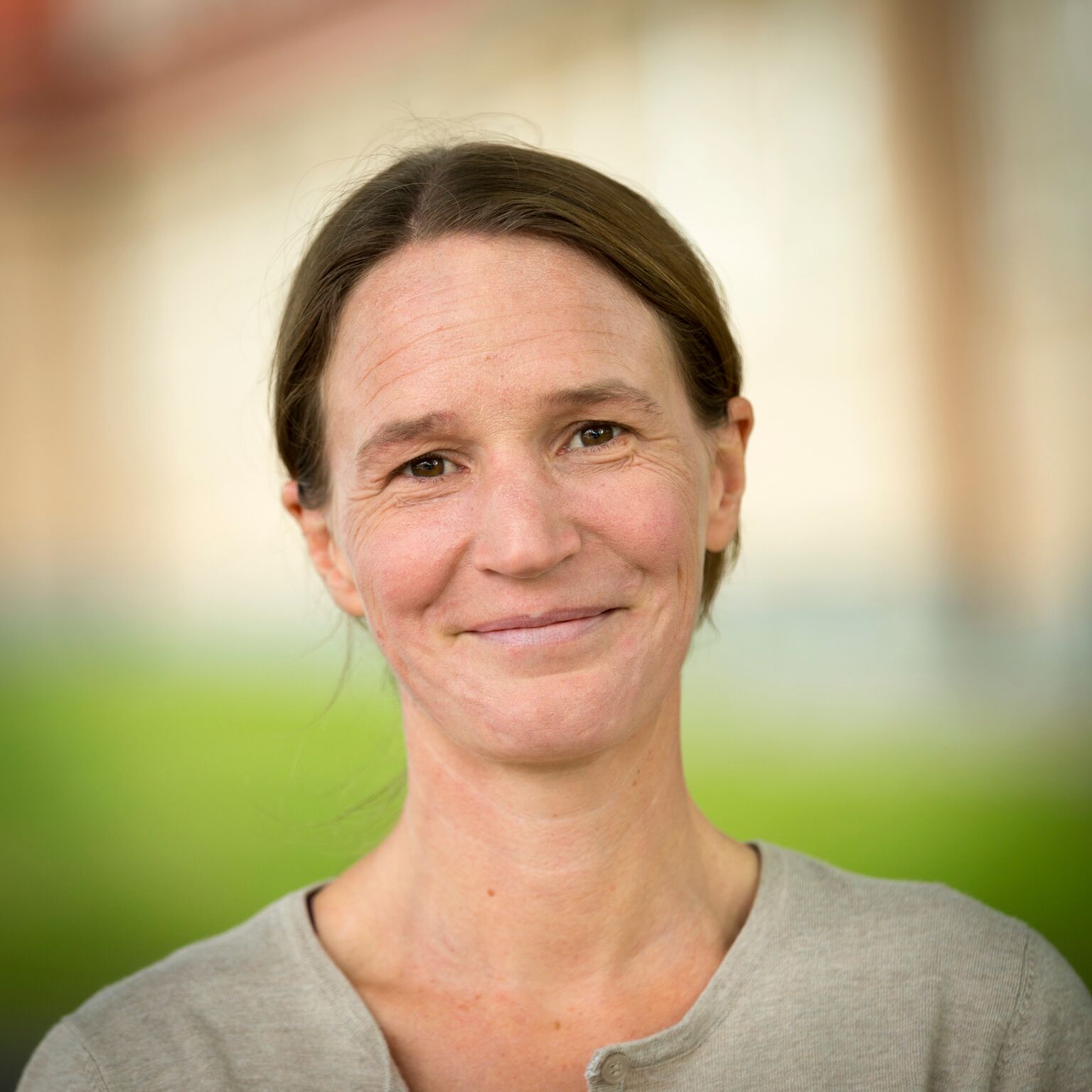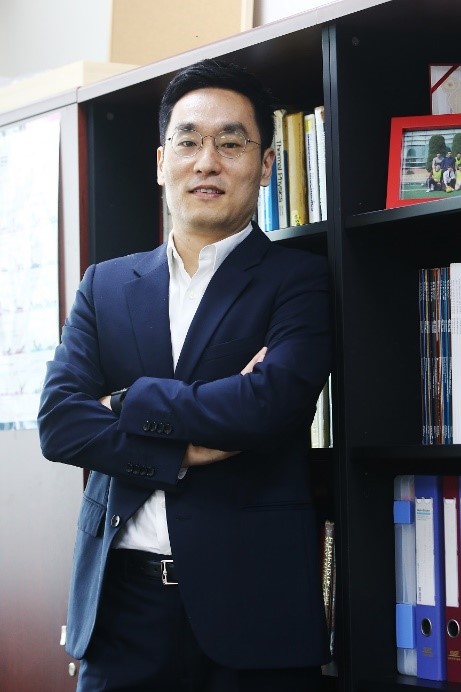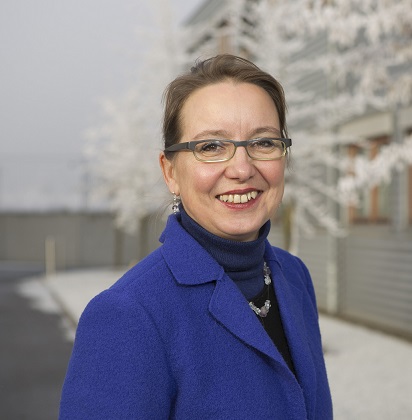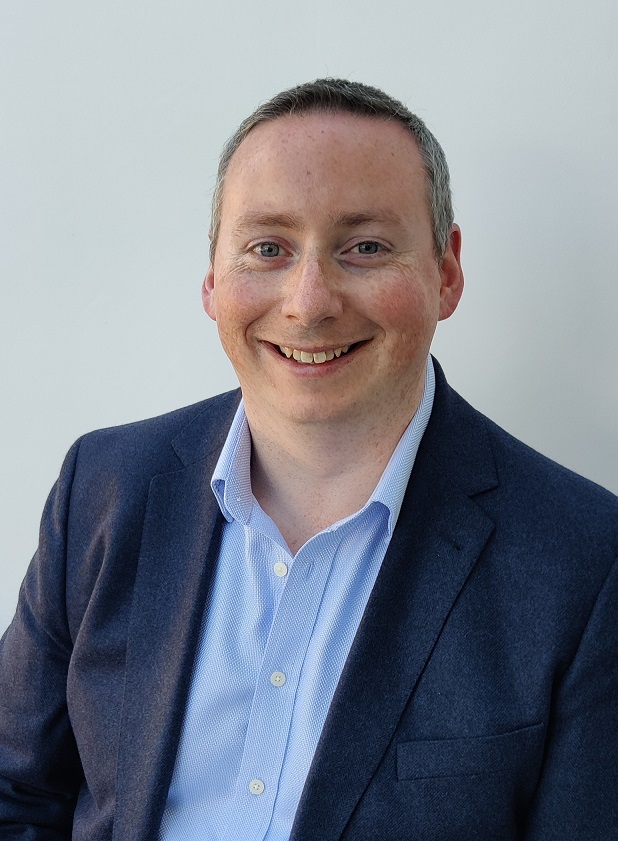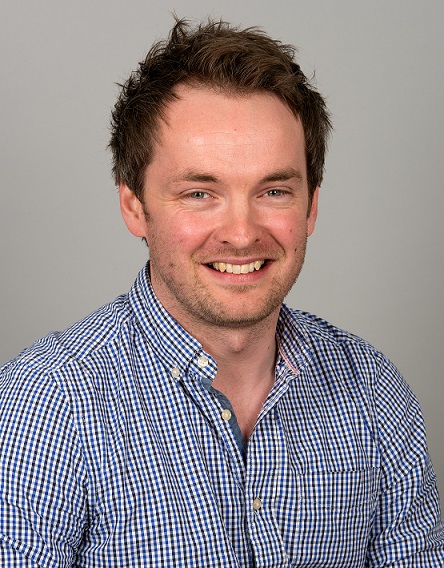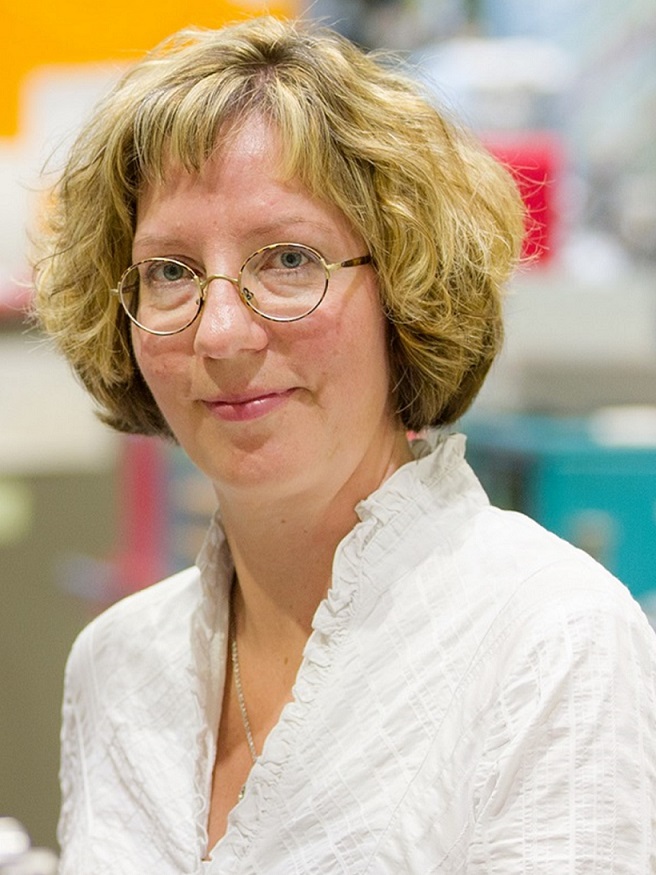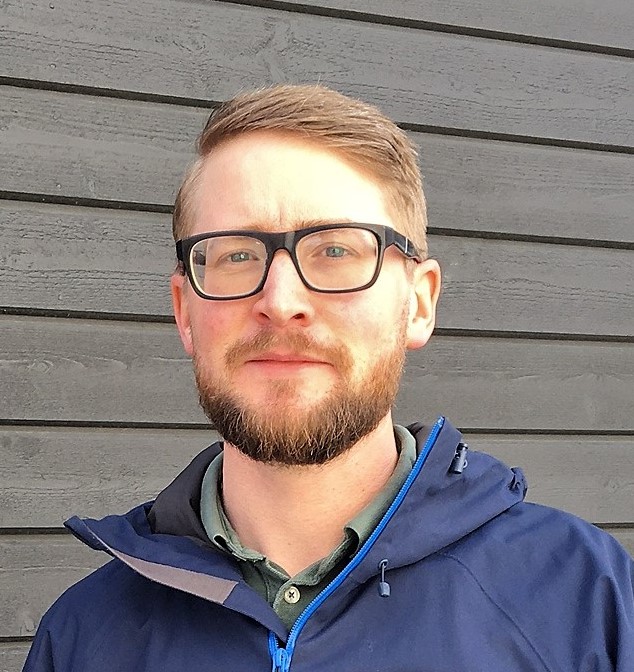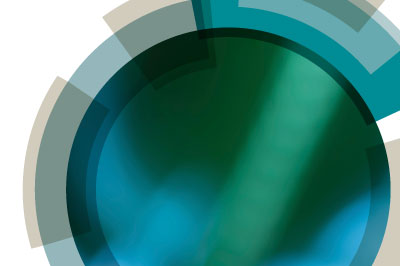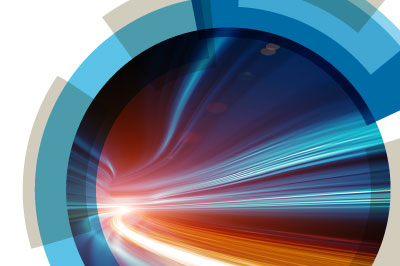This Faraday discussion will be a hybrid event, allowing participation both in person and online.
Welcome
Join us in Bath, or online, in 2022 for this edition of the Faraday Discussion series. For over 100 years and 300 meetings, Faraday Discussions have been the forefront of advancing the chemical sciences, and many of the Discussions have become landmark meetings in their field. The unique format of the Faraday Discussions allows for in-depth discussions and opportunities to establish new collaborations.This Discussion will focus on the next generation of inorganic thin-film solar cells based on Earth abundant non-toxic materials. The meeting is for all researchers working on inorganic materials for thin-film photovoltaics including established and early-career scientists, post-graduate students and industrial researchers. Oral and poster presentation opportunities are available to all these groups, and I invite you to submit an oral or poster abstract to make your contribution alongside leaders in the field.
On behalf of the organising committee, I look forward to welcoming you to Bath, or if you are joining us virtually, online.
David J Fermin
Chair
Format
Faraday Discussions remain amongst the only conferences to distribute the speakers’ research papers in advance, allowing the majority of each meeting to be devoted to discussion in which all delegates can participate. Following each meeting a written record of the discussion is published alongside the papers in the Faraday Discussions journal.Find out more about the Faraday Discussions in the video.
Themes
The aim of the Discussion is to assess the latest developments in emergent inorganic absorbers and the extent in which we can correlate and predict device performance from structural and optical properties. The Discussion will bring together leading scientists in material design and modelling, structural and electronic characterisation, and device design and performance analysis. We welcome contributions involving chalcogenides, pnictides and oxides, particularly those in the growing field of defect-tolerant semiconductors comprising elements such as Bi, Sn, In and Sb.The Faraday Discussion will be organised into the following themes:
Indium-free CIGS analogues
Cu-based materials have been actively researched in the context of stable materials based on Earth-abundant elements. The so-called ‘substrate’ cell architecture underpinning CIGS technology is suitable for the deposition of a variety of Cu-based materials employing sputtering techniques and solution-based methods followed by reactive annealing. This session will consider developments in this area including absorber materials and buffer layers. One of the key objectives of the Discussion is to assess the performance gap between this class of materials and state-of-the-art CIGS cells.
Novel chalcogenides, pnictides and defect-tolerant semiconductors
This large family of compounds includes chalcogenide perovskites and delafossites, binary chalcogenides, nitrides and halides. Our understanding of the optical and electronic properties of these materials varies considerably, while appropriate device architectures have not been established in many of these cases. This session will cover the latest developments in the area, with strong emphasis on the role of coordination, bonding and the opto-electronic properties of these materials.
Material design: structure and bonding
This session will address guiding principles for screening materials for PV applications. The discussion will mainly consider absorber materials. Other active layers such as buffer and transparent conduction oxides are also within scope.
Bulk and surface characterisation techniques of solar absorbers
This session will discuss contributions of state-of-the-art tools for characterising semiconductor materials and interfaces, including synchrotron X-ray based techniques, photoemission spectroscopy/microscopy, high resolution electron microscopy and scanning probe techniques.
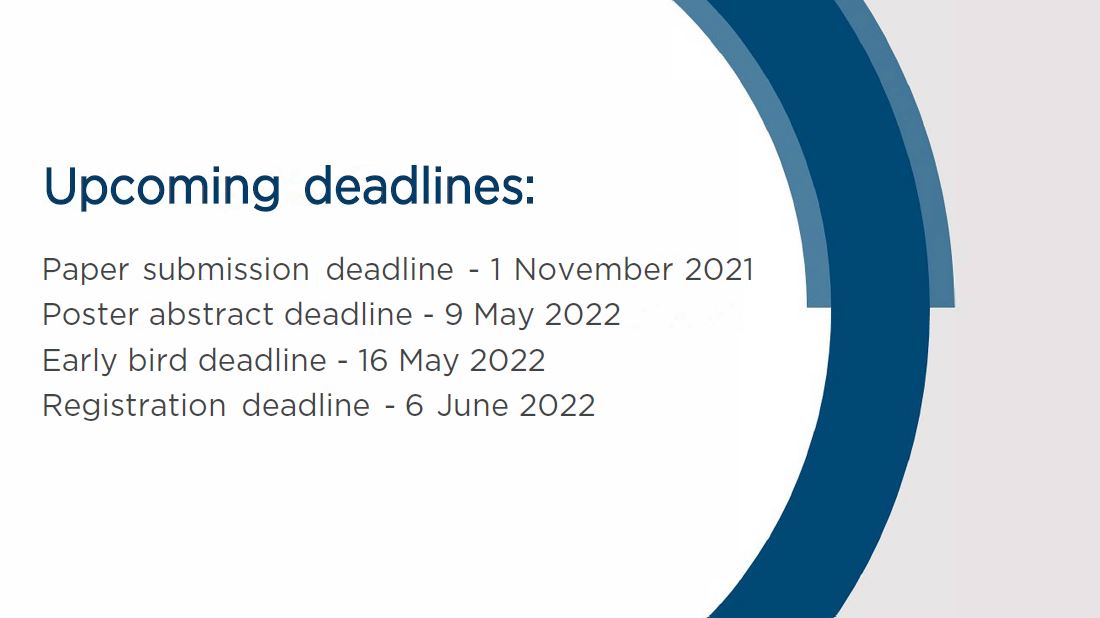
Useful links
- Faraday Discusion meeting FAQs Find out more about these unique meetings.
- Faraday Discussion video
- Emerging inorganic materials in thin-film photovoltaics Faraday Discussion The online issue is now live!
Downloads
- Draft programme
- Covid-19 policy
- Pre-prints session 1: Indium-free CIGS analogues
- Pre-prints session 2: Bulk and surface characterisation techniques of solar absorbers
- Pre-prints session 3: Novel chalcogenides, pnictides and defect-tolerant semiconductors
- Pre-prints session 4: Materials design and bonding




